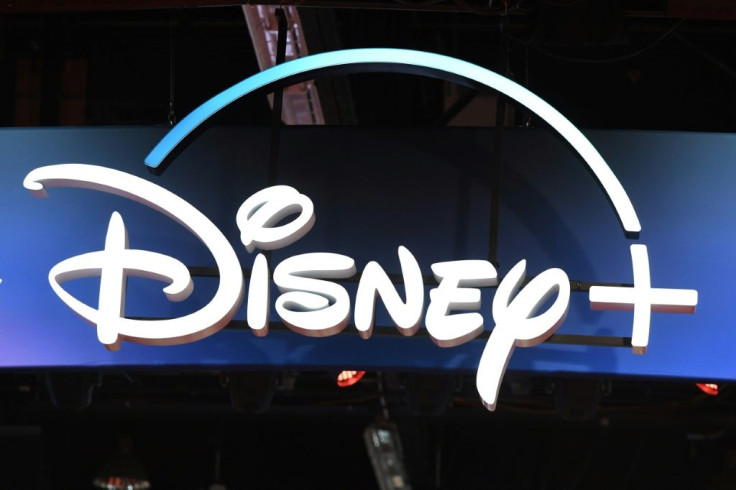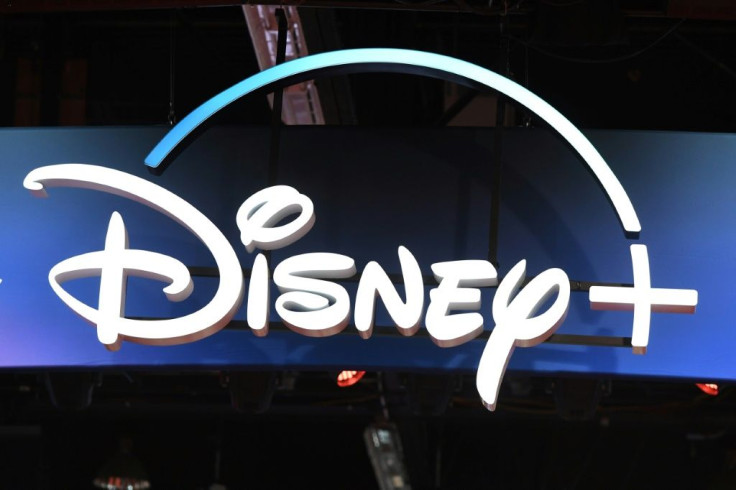Disney+ Users Are Streaming More Than Netflix Or Amazon Subscribers

It's been a month since Disney (NYSE:DIS) launched Disney+, and the streaming service is off to a very strong start. The company announced 10 million sign-ups within the first 24 hours of launching, and it's likely doubled since then based on data from Apptopia.
Netflix (NASDAQ:NFLX) CEO Reed Hastings has said the best way to judge the success of the all the streaming competitors in the market is to look at how consumers choose to spend their time. And, at least in the early days, consumers are spending a good amount of time with Disney+.
The Disney+ app sees about the same number of daily sessions per user as Amazon's (NASDAQ:AMZN) Prime Video and Netflix's app. But the average session is 5.8% longer than Netflix and 7.8% longer than Prime Video, according to Apptopia.
That level of engagement among early sign-ups is a good sign for the long-term success of Disney+, but there's still considerable room for improvement.
The one area of concern around user engagement
It's one thing for Disney+ to see high engagement in its first month, and another to sustain it long-term. One thing that stood out from Apptopia's report is the sharp decline in the percentage of users opening the app after the first few days of downloading it.
Thirty-five percent of users open the app on the same day they download it. But that rate's cut in half by day 3, and falls to nearly 5% after two weeks. Apptopia believes the decline is due to Disney+'s relatively small library of original content.
While Disney+'s slate of originals at launch have been well received, users can watch the entire run of The Mandalorian so far in a couple days. By comparison, Netflix has a seemingly never-ending stream of originals coming out. It's releasing 53 original series, films, and specials in December alone. Disney has about a dozen originals on Disney+ so far.

What the data might be missing
There's a strong likelihood that Disney's library -- which features lots of big cinematic films -- isn't conducive to streaming on a smartphone or tablet as much as some of Netflix's content. Instead, users may be watching more on their connected TVs. That's further evidenced by the surge in downloads of the Roku smartphone app that Apptopia's observed. The Roku app is primarily used as a remote for Roku devices connected to a TV.
Additionally, concerns over a lack of original programming should be assuaged by Disney's plans for releases going forward. It has 50 additional releases in development, many of which are based on popular intellectual property. Disney also plans to intertwine the forthcoming Marvel series on Disney+ with the cinematic universe, making the service a must-have for any Marvel devotee.
Disney plans to increase its cash spend on original content productions from about $1 billion this year to around $2.5 billion in 2024. While that's still a much smaller budget than Netflix, Disney also has a much narrower focus for its content investments.
That said, increased cash investments in content aren't a guarantee for success. Amazon and Apple have faced considerable struggles finding audiences for most of their original series, save a few big hits for Amazon. But Disney has a much better track record than those tech companies of producing content consumers love.
The early results of Disney+ are promising. The company's continued investment in originals ought to support long-term engagement, producing strong retention even after the novelty of the service wears off. And with many subscribers locked up long-term through various promotions, Disney has a long time to make sure they stick around.
This article originally appeared in the Motley Fool.
Adam Levy owns shares of Amazon, Apple, and Walt Disney. The Motley Fool owns shares of and recommends Amazon, Apple, Netflix, Roku, and Walt Disney and recommends the following options: long January 2021 $60 calls on Walt Disney and short January 2020 $130 calls on Walt Disney. The Motley Fool has a disclosure policy.





















